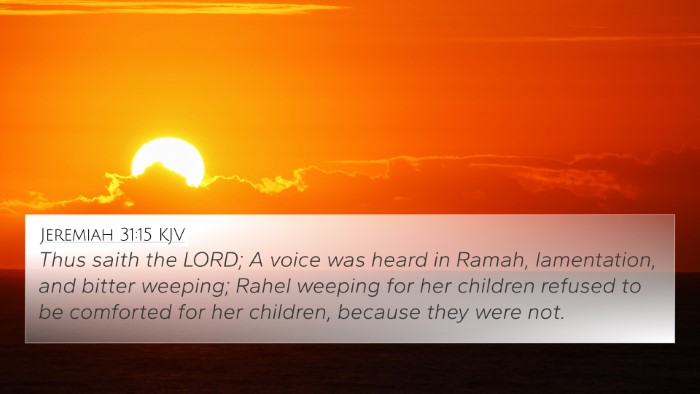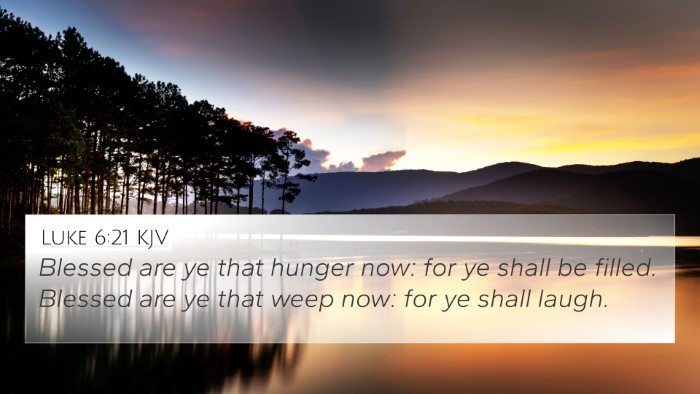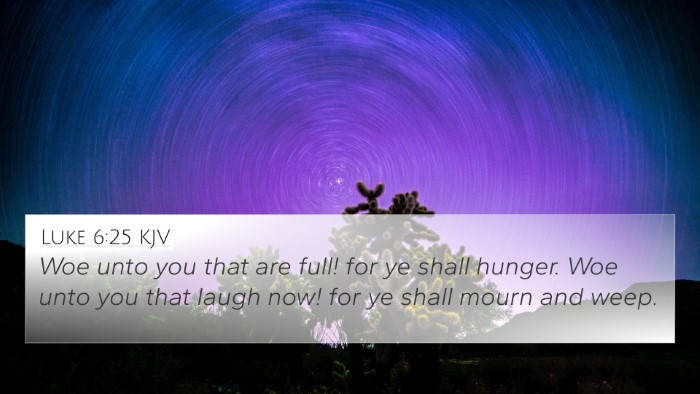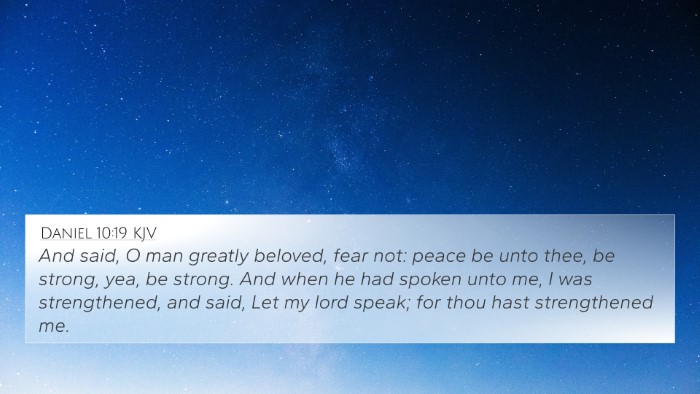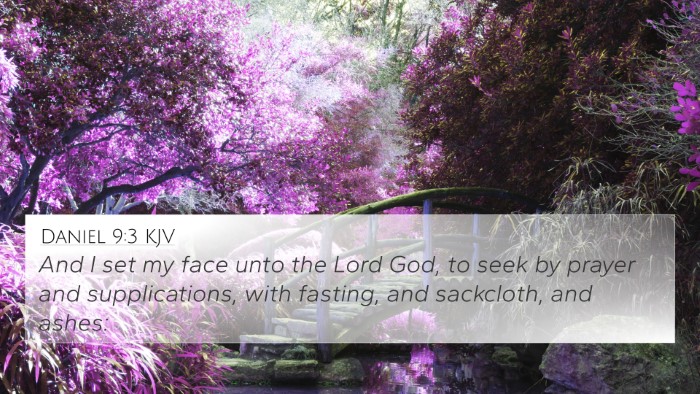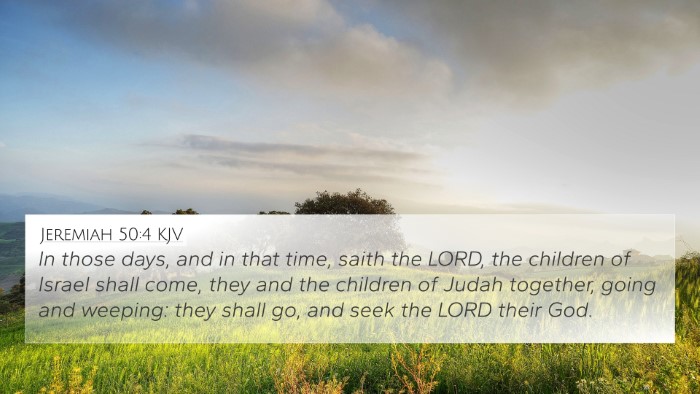Understanding Ecclesiastes 7:3
Verse Context: Ecclesiastes 7:3 states, "Sorrow is better than laughter: for by the sadness of the countenance the heart is made better." This verse invites deep reflection on the nature of human emotion and the role of sorrow in our lives.
Meaning and Interpretation
Ecclesiastes 7:3 suggests that sorrow serves a purpose in shaping our hearts and minds. The implication is that it is through our struggles and moments of sadness that we gain wisdom and a deeper understanding of life.
Insights from Commentaries
- Matthew Henry: He emphasizes that sorrow has the power to refine our characters. Trials and grief can lead to spiritual growth, suggesting that laughter often reflects superficial happiness, while sorrow reveals deeper truths.
- Albert Barnes: Barnes notes that the "sadness of the countenance" represents a thoughtful and serious demeanor. He argues that embracing sorrow can lead to repentance and a clearer vision of righteousness, contrasting fleeting joy with enduring wisdom.
- Adam Clarke: Clarke expands on the idea that mourning can facilitate personal development. He observes that the dissatisfaction experienced through sorrow can prompt individuals to seek change and improvement in their lives.
Bible Verse Cross-References
This verse ties into various other scriptures that discuss the themes of sorrow, wisdom, and the human condition. Here are some relevant connections:
- Proverbs 14:13: "Even in laughter the heart is sorrowful; and the end of that mirth is heaviness." This highlights the transient nature of joy in comparison to deep emotional truths.
- Psalms 34:18: "The Lord is nigh unto them that are of a broken heart; and saveth such as be of a contrite spirit." This reflects God's presence in sorrowful moments and His comfort to the grieving.
- Apostle Paul in 2 Corinthians 7:10: "For godly sorrow worketh repentance to salvation not to be repented of: but the sorrow of the world worketh death." This emphasizes the productive nature of godly sorrow leading to spiritual renewal.
- James 4:9: "Be afflicted, and mourn, and weep: let your laughter be turned to mourning, and your joy to heaviness." This verse associates sorrow with a pathway to humility and spiritual awakening.
- Isaiah 53:3: "He is despised and rejected of men; a man of sorrows, and acquainted with grief." This points to the significance of sorrow in understanding empathy and sacrifice.
- Matthew 5:4: "Blessed are they that mourn: for they shall be comforted." It resonates with the idea that those who experience sorrow will find divine comfort.
- Romans 12:15: "Rejoice with them that do rejoice, and weep with them that weep." This encourages empathy, acknowledging the place of sorrow in human connections.
Thematic Bible Verse Connections
The connections between these scriptures and Ecclesiastes 7:3 illustrate a larger thematic narrative that sorrow is integral to human experience. It is often through trials and tribulations that we cultivate true understanding.
Exploring the Emotional Landscape in Scripture
The Bible frequently explores the dynamics of joy and sorrow. By juxtaposing laughter and grief, we are invited to acknowledge the spectrum of human emotions as vital components of our spiritual journey.
Tools for Bible Cross-Referencing
To further explore these connections, various tools for Bible cross-referencing can enhance your study:
- Bible concordance
- Bible cross-reference guide
- Cross-reference Bible study methods
- Comprehensive Bible cross-reference materials
Conclusion
Ecclesiastes 7:3 invites us to redefine our understanding of joy and sorrow. By embracing the more challenging aspects of life, we are encouraged to seek wisdom and growth. As we delve into the linked verses, we gain a richer understanding of the themes interwoven throughout Scripture.





